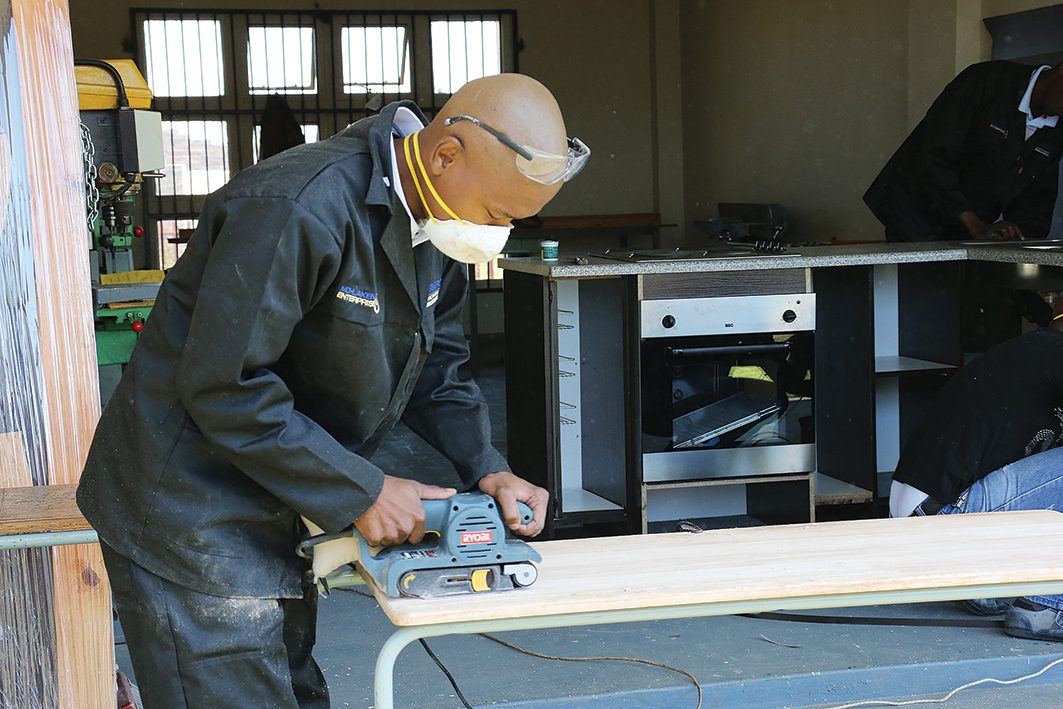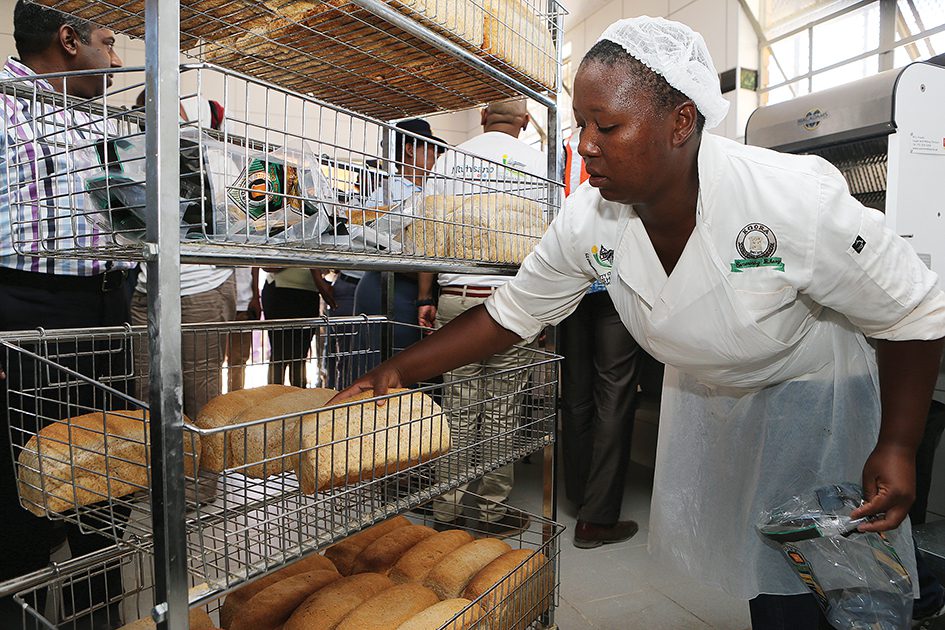The Gauteng Provincial Government has undertaken concrete plans to revitalise the township economy. This is according to Premier Panyaza Lesufi, who was delivering his first State of the Province Address earlier this week. This will be done in accordance with the Township Economic Development Act, which is Gauteng’s blueprint for township economic development.

As part of Gauteng’s bold investments in the Township Economy, township markets are expected to bloom into lively industries that formally contribute to the province’s economic recovery and development. One such ground-breaking investment is the refurbishment of backrooms into attractive properties. The province regards the backroom informal rental market as one of its townships’ revitalisation pillars.
Loans amounting to R50-million have been approved for this programme, with 2 000 applications already validated. The applications come from residents who are both active backroom business operators looking for a facelift on their properties and those who will be entering the township rental market for the first time.

Sonto Mokalanyane, a new entrant in the property market, is one of the beneficiaries of the programme. Stating that she is looking forward to a financially sustainable future in the property business, Mokalanyane told Sunday World that she fell in love with the new rental units at first sight. “I was driving down in the township, and I saw this beautiful building and I asked the land owners about it. The rooms were so neatly built, you know, and I loved it and so I asked how they got to know about it,” she recalled.
Mokalanyane then followed due processes, such as filling the application form, having her backyard assessed and the building plan passed, before finally having her loan application validated. Now awaiting the construction of her four cottages, a joyful Mokalanyane wishes everyone could take advantage of this programme.
“I love it so much, and I would love for people who have not heard about it to know about it, because property is an investment, and it feeds generations and generations. You can never go wrong with it,” Mokalanyane said.
In addition to boosting the backyard rental market, the Gauteng Provincial Government also aims to give the taxi industry a fresh look and feel, with the province’s new model for turning taxi ranks into business districts set to be unwrapped soon.
This will see taxi ranks repurposed into vibrant and convenient Taxi Economy Zones with the intention of bringing retail as well as automotive support and service industries owned and managed by taxi owners and operators across the province. The service companies will cater for the repair, maintenance and servicing of taxis and will be linked to other finance partners such as the SA SME Fund, which is already funding taxi owners to expand and increase their operation.

Other areas of the township economy, which will see growth in the new financial year include lifestyle and events, with the premier committing that all major government and sporting gatherings will take place in townships. Local spaza shop owners who have been edged out by foreign nationals will be revived. The provincial government has, among others, completed a financing model that will give township retailers bulk-buying power, which will allow them to set attractive pricing and compete against foreign nationals. To this effect, township-based warehouses and distribution centres, with the first one set to be launched in Mamelodi next month.
Furthermore, as of April 1, announced Lesufi, Gauteng will direct 60% of its R34-billion goods and services budget towards township-based markets. Additionally, to create a conducive climate for economic activity, all townships across the province will have free and strong Wi-Fi in key areas.
“We are of the strong view that our townships are our new gold. With new malls and filling stations rapidly going up in our townships, we must ensure that these investments benefit our people,” Lesufi asserted.
![MEC Mr Panyaza Lesufi[9]](https://sundayworld.co.za/wp-content/uploads/2023/02/p03-MEC-Mr-Panyaza-Lesufi9-e1677486311244-696x539.jpg)


